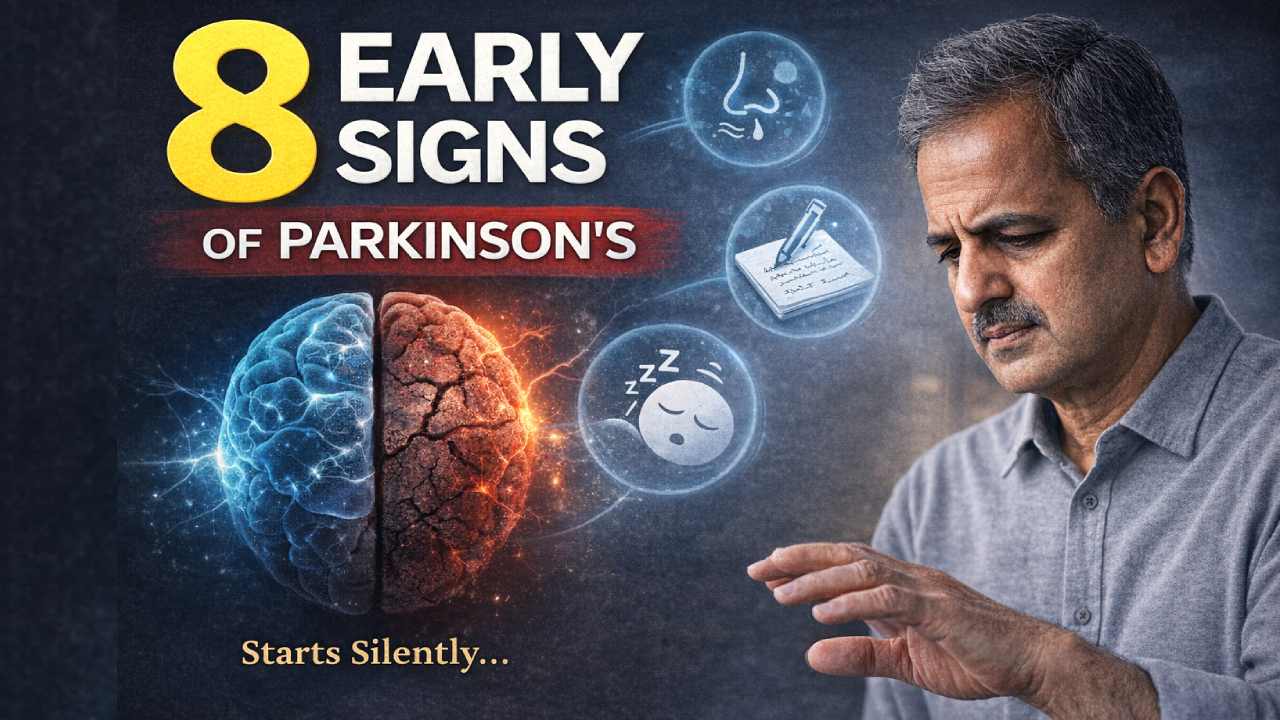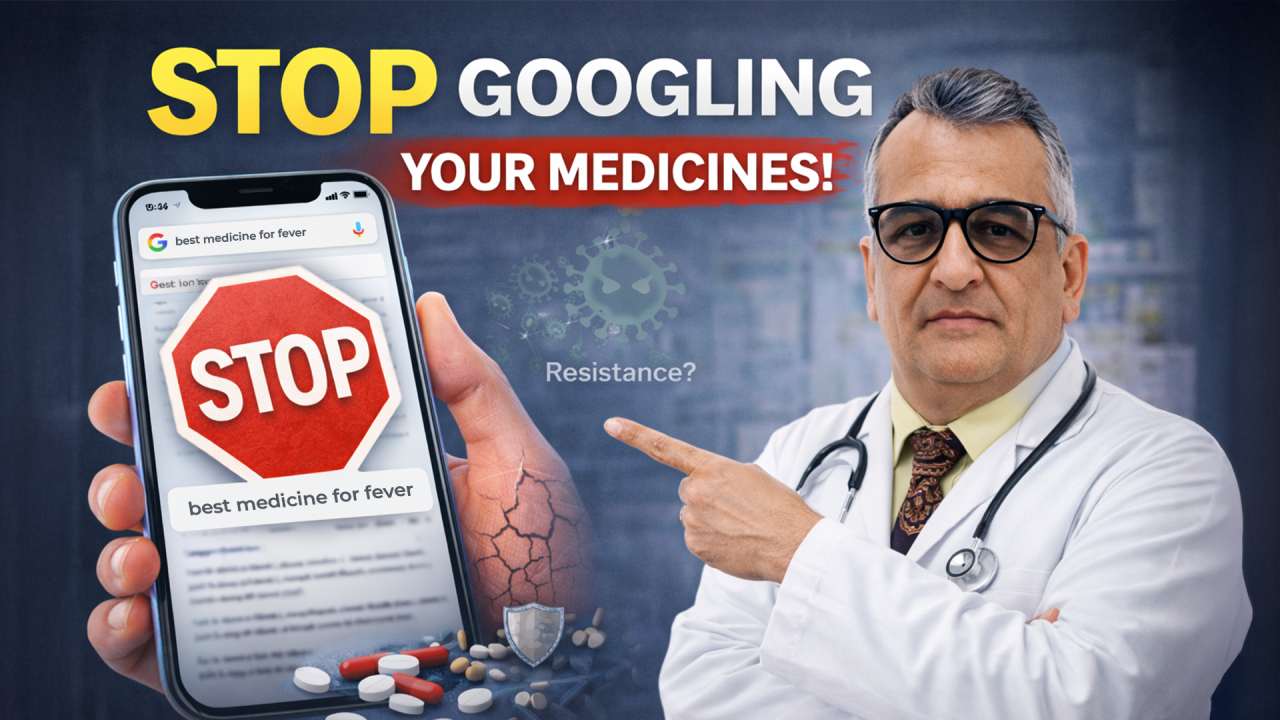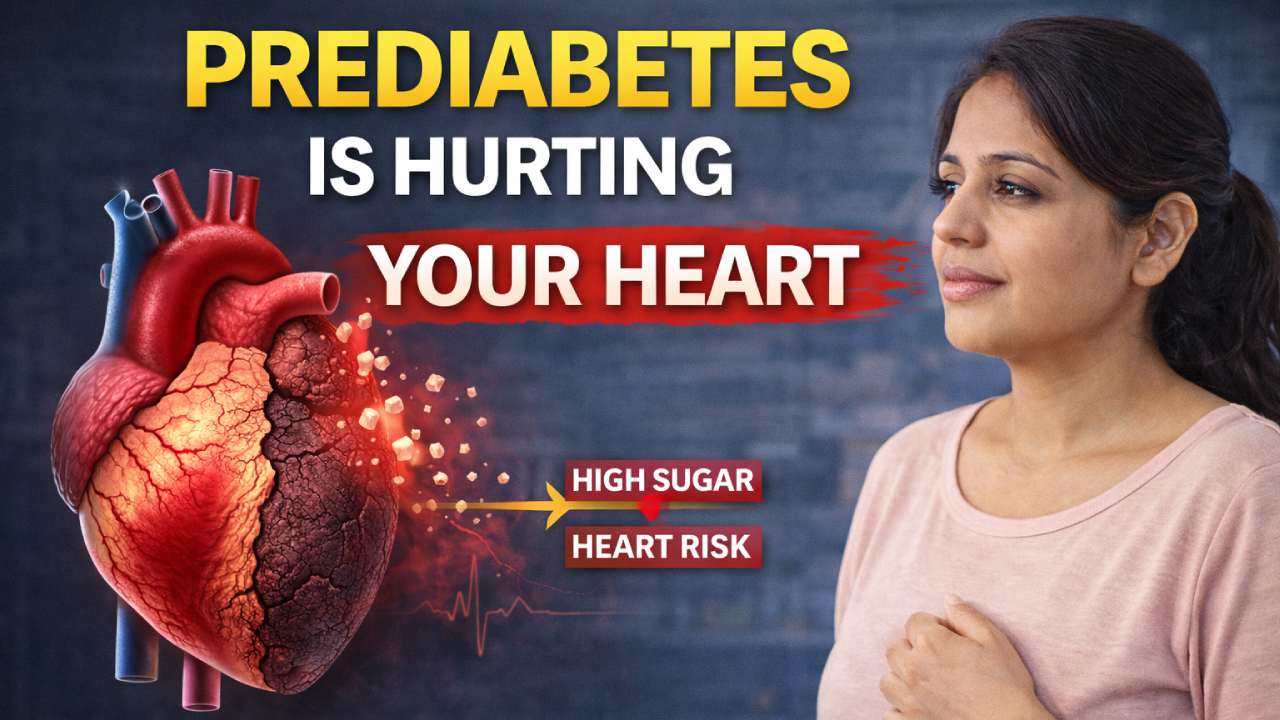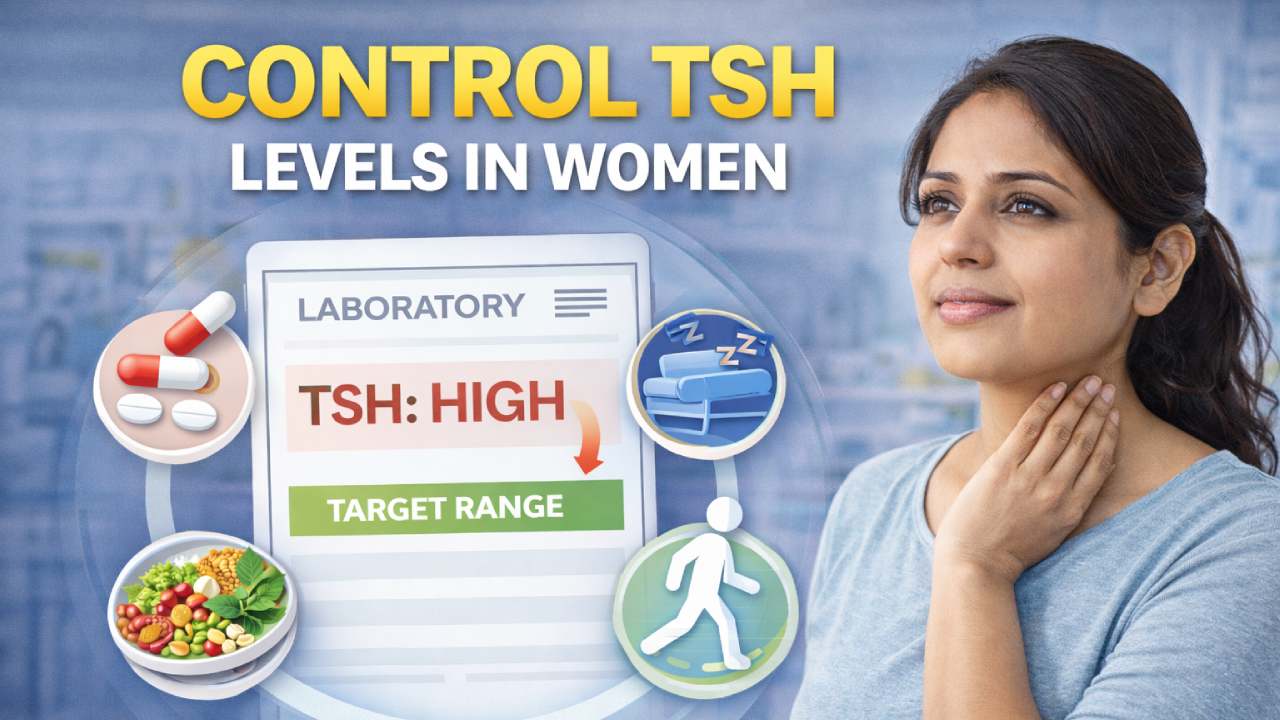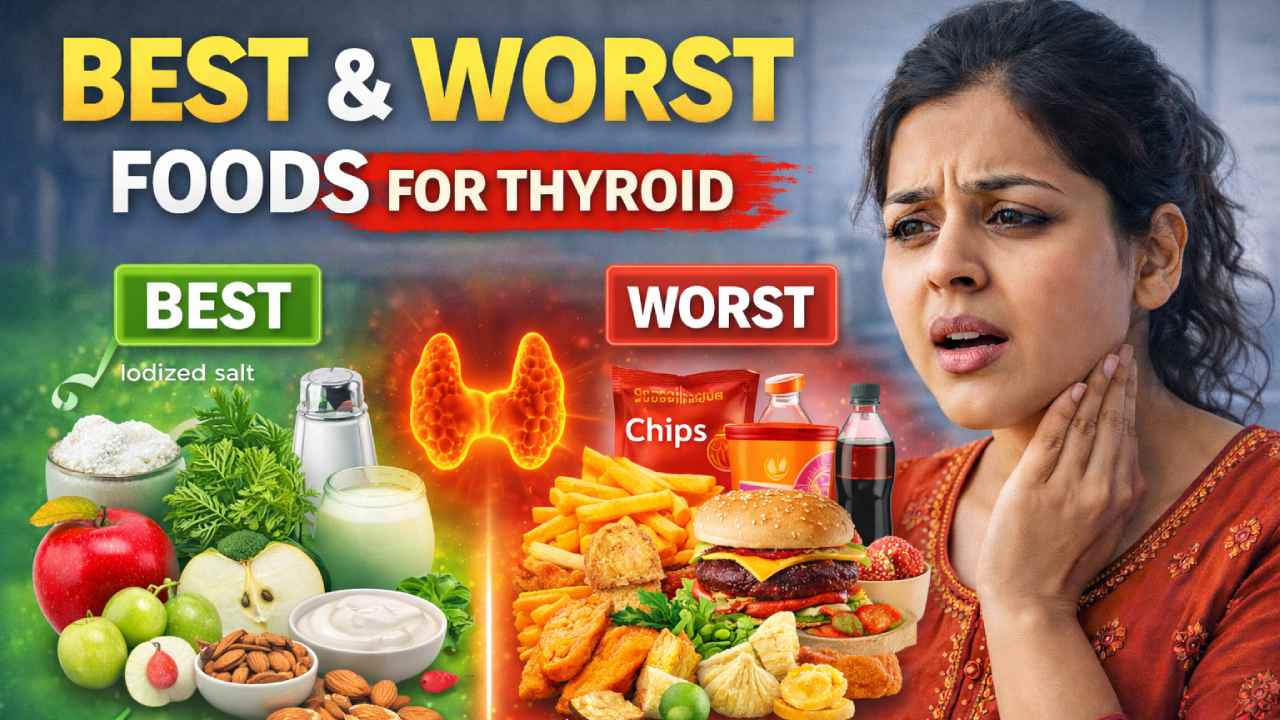How Dangerous Is Inflammation Inside the Heart?
Verified By Dr. Amit Handa | 29-Oct-2025
Heart health is often associated with cholesterol, blood pressure, or lifestyle diseases, but one condition that silently affects many individuals is heart inflammation. This condition can involve inflammation in different parts of the heart, such as the heart muscle (myocarditis), the pericardium (pericarditis), or even the heart lining (endocarditis). If left untreated, heart inflammation can cause severe complications, including heart failure, irregular heartbeat, or even life-threatening consequences.
To help us understand the condition in depth, we spoke with Dr. Amit Handa, Consultant Cardiologist at Kailash Hospital, widely regarded as one of the best heart specialists in Noida. He explains how early recognition of symptoms and timely treatment are crucial in preventing serious damage.
Table of Content
In simple terms, heart inflammation refers to swelling and irritation in any of the layers of the heart. It can present in three major forms:
- Myocarditis – inflammation of the heart muscle (cardiac muscle inflammation).
- Pericarditis – inflammation of the protective sac surrounding the heart (pericardium inflammation or inflamed pericardium).
- Endocarditis – inflammation of the inner lining of the heart and valves (inflammation of the heart lining).
Each of these conditions has its unique causes, risk factors, and treatments, but all of them can compromise the heart’s ability to pump blood effectively.
Dr. Amit Handa from Kailash Hospital explains, “The danger with heart inflammation lies in its silent progression. Many patients dismiss the symptoms as fatigue, viral illness, or chest discomfort. By the time they seek medical help, the heart may already be under severe stress.”
Also read: Cholesterol Targets: How Low Should You Aim for Heart Health?
The heart inflammation symptoms often mimic other common illnesses, which makes diagnosis difficult without proper tests. Some signs to watch out for include:
- Chest pain or pressure (often sharp in pericarditis).
- Shortness of breath during rest or activity.
- Palpitations or irregular heartbeat.
- Unexplained fatigue and weakness.
- Swelling in legs, ankles, or abdomen (due to fluid retention).
- Fever, chills, or flu-like symptoms (more common in infective cases).
Dr. Amit Handa emphasizes: “Patients often report their head feels heavy and foggy, or they feel constantly tired. While these might seem unrelated, they can actually be subtle signs of myocarditis or pericarditis.”
The underlying causes of pericarditis and myocarditis can vary. Some common reasons include:
- Viral infections (such as influenza, COVID-19, or adenovirus).
- Bacterial infections leading to infective endocarditis.
- Autoimmune diseases like lupus or rheumatoid arthritis.
- Certain medications or chemotherapy drugs.
- Alcohol and drug abuse.
- Radiation therapy (especially in cancer treatment).
Dr. Handa notes: "In recent years, we have seen cases of heart inflammation following severe viral infections, particularly after COVID-19. Early detection in such scenarios becomes extremely important."
If ignored, inflammation inside the heart can progress to:
- Heart failure – inability of the heart to pump blood efficiently.
- Arrhythmias – dangerous irregular heartbeats.
- Cardiac arrest – sudden loss of heart function.
- Valve damage – particularly in endocarditis.
- Fluid buildup around the heart (pericardial effusion).
Also read: Can Lack of Sleep Cause Heart Problems? Understanding the Critical Link
Doctors use multiple tests to confirm heart inflammation:
- Blood tests (to detect infection or cardiac enzymes).
- ECG (Electrocardiogram) for abnormal rhythms.
- Echocardiography (2D Echo) to check heart function.
- MRI or CT scans to visualize inflammation.
- Biopsy in rare and severe cases.
At Kailash Hospital, Noida, advanced imaging and diagnostic tools make it possible to detect such conditions at early stages.
Treatment depends on the type and severity of inflammation:
1. Medication –
- Anti-inflammatory drugs (for pericarditis).
- Antibiotics (for bacterial endocarditis).
- Antiviral or supportive therapy (for myocarditis).
- Immunosuppressants (for autoimmune-related inflammation).
2. Lifestyle changes –
- Rest and avoiding strenuous activity during recovery.
- Limiting alcohol, tobacco, and recreational drugs.
- Eating heart-healthy foods rich in omega-3s, vitamins, and minerals.
3. Surgical intervention –
- Valve repair or replacement in endocarditis.
- Pericardiectomy (removal of the pericardium) in severe pericarditis.
Dr. Amit Handa advises: "The key is early medical attention. Once patients develop signs of heart inflammation like chest pain or unexplained fatigue, they must consult a cardiologist immediately. Self-medicating or delaying treatment can worsen the condition."
While not all cases of heart inflammation can be prevented, reducing risk factors can make a difference:
- Maintain good hygiene to avoid infections.
- Take vaccinations for flu, COVID-19, and other viral diseases.
- Manage autoimmune conditions under medical guidance.
- Avoid excessive alcohol and drug use.
- Go for regular heart checkups at trusted hospitals like Kailash Hospital.
Also read: Rising Concern: Sudden Cardiac Death in Young Adults
If you notice any of the following, consult a cardiologist immediately:
- Persistent chest pain.
- Palpitations or irregular heartbeat.
- Shortness of breath with mild activity.
- Unexplained swelling in the body.
- Fever with heart-related symptoms.
Dr. Amit Handa, Consultant Cardiologist at Kailash Hospital, concludes: "Never ignore persistent chest pain, irregular heartbeat, or unexplained tiredness. These are not just routine symptoms; they could indicate something more serious like heart inflammation. At Kailash Hospital, we encourage timely screenings and provide comprehensive care for all cardiac conditions."
Heart inflammation is a condition that requires awareness, timely diagnosis, and expert care. While infections, autoimmune disorders, or lifestyle choices can trigger it, early intervention is the best way to protect the heart from long-term damage. With modern diagnostic tools and highly experienced cardiologists like Dr. Amit Handa at Kailash Hospital, patients in Noida can access world-class treatment and preventive care.
By understanding the signs of heart inflammation, recognizing risk factors, and seeking medical help promptly, we can safeguard our hearts and lead healthier, longer lives.
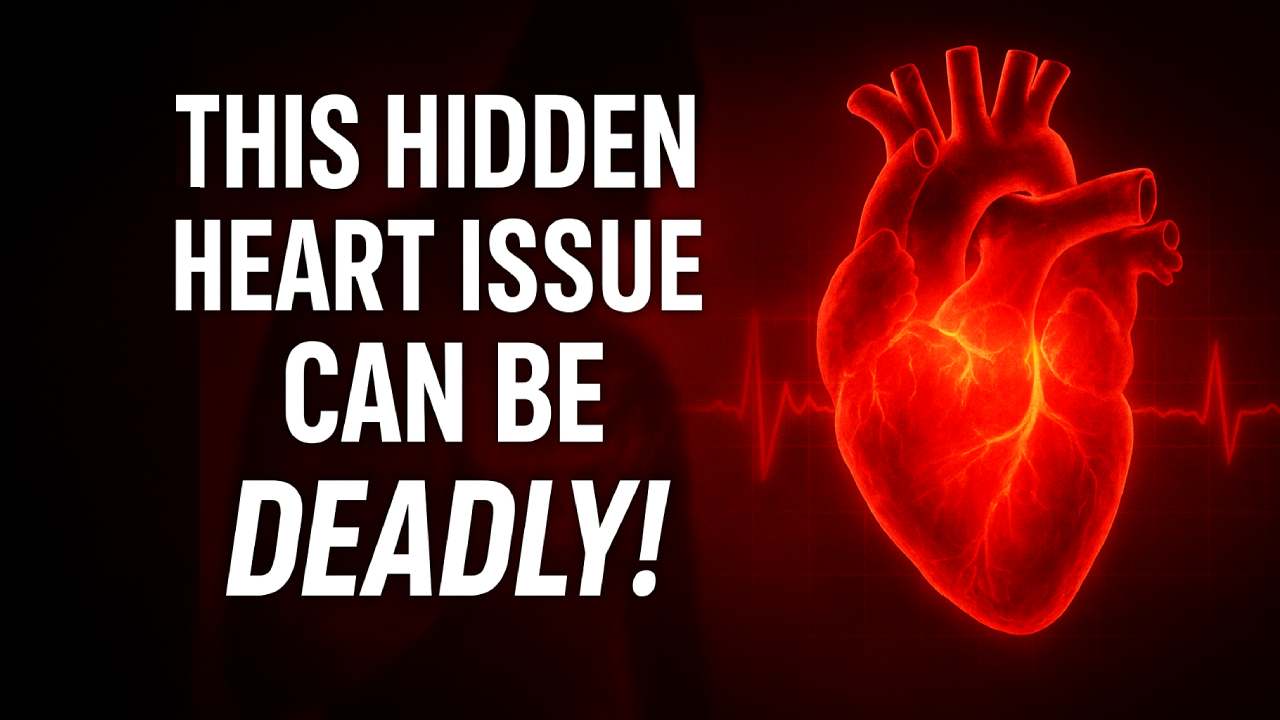
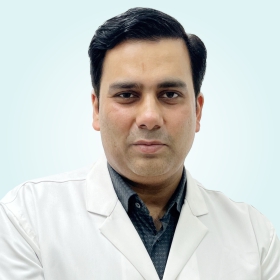

 +91-9711918451
+91-9711918451
 international.marketing@kailashhealthcare.com
international.marketing@kailashhealthcare.com

